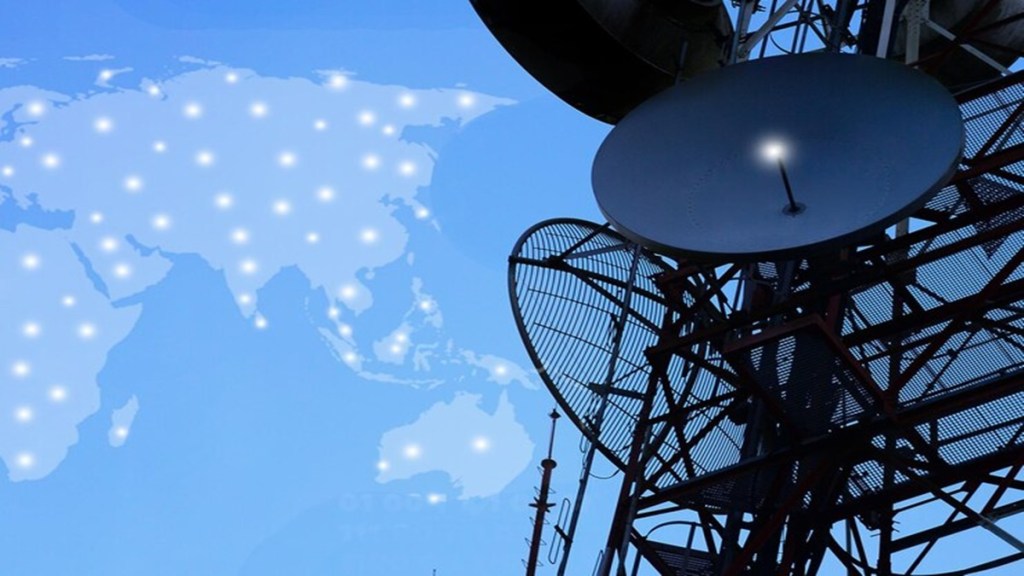The rules for allocation of spectrum for satellite communications (satcom) services are likely to be finalised in the first two weeks of August, a senior official at the Department of Telecommunications (DoT) told FE on Wednesday.
“The government is finalising the pricing and distribution framework for satcom spectrum and the Digital Communications Commission (DCC) meeting to discuss this is likely to take place in the first or second week of August,” the official said.
DCC
The DCC—India’s highest decision-making body in the telecom sector — was originally scheduled to meet on Tuesday to deliberate on the spectrum allocation rules and consider recommendations submitted by the Telecom Regulatory Authority of India (Trai), according to sources. However, the meeting was postponed due to the unavailability of key members amid the ongoing Parliament session.
Trai, in its recommendations in the month of May, had proposed that spectrum for satellite communications be assigned administratively for a period of five years, extendable by two more years.
It also recommended a spectrum usage charge of 4% of adjusted gross revenue (AGR), subject to a minimum annual fee of Rs 3,500 per MHz.
“Once the DoT clears the rules, the proposal will be sent back to Trai for concurrence,” the official added.
National Telecom Policy 2025
The draft National Telecom Policy 2025, released last week included regulatory frameworks for non-terrestrial networks (NTNs) and satellite broadband to enable the entry of players like Starlink and Amazon’s Project Kuiper, which are seen essential for extending connectivity to remote and underserved areas.
“In many regions, terrestrial fibre is impractical. Satellite connectivity may be the only solution, albeit an expensive one,” said Murtuza Kachwala, MD, Protiviti Member Firm for India.
To ensure digital inclusion for the underserved population, the official said the government is considering market interventions to lower access costs for end users, noting that “traditional satcom may not be affordable for the poor due to high setup charges.”
The final version of the National Telecom Policy 2025 is expected to be released within two to three months following consultations with all stakeholders.

